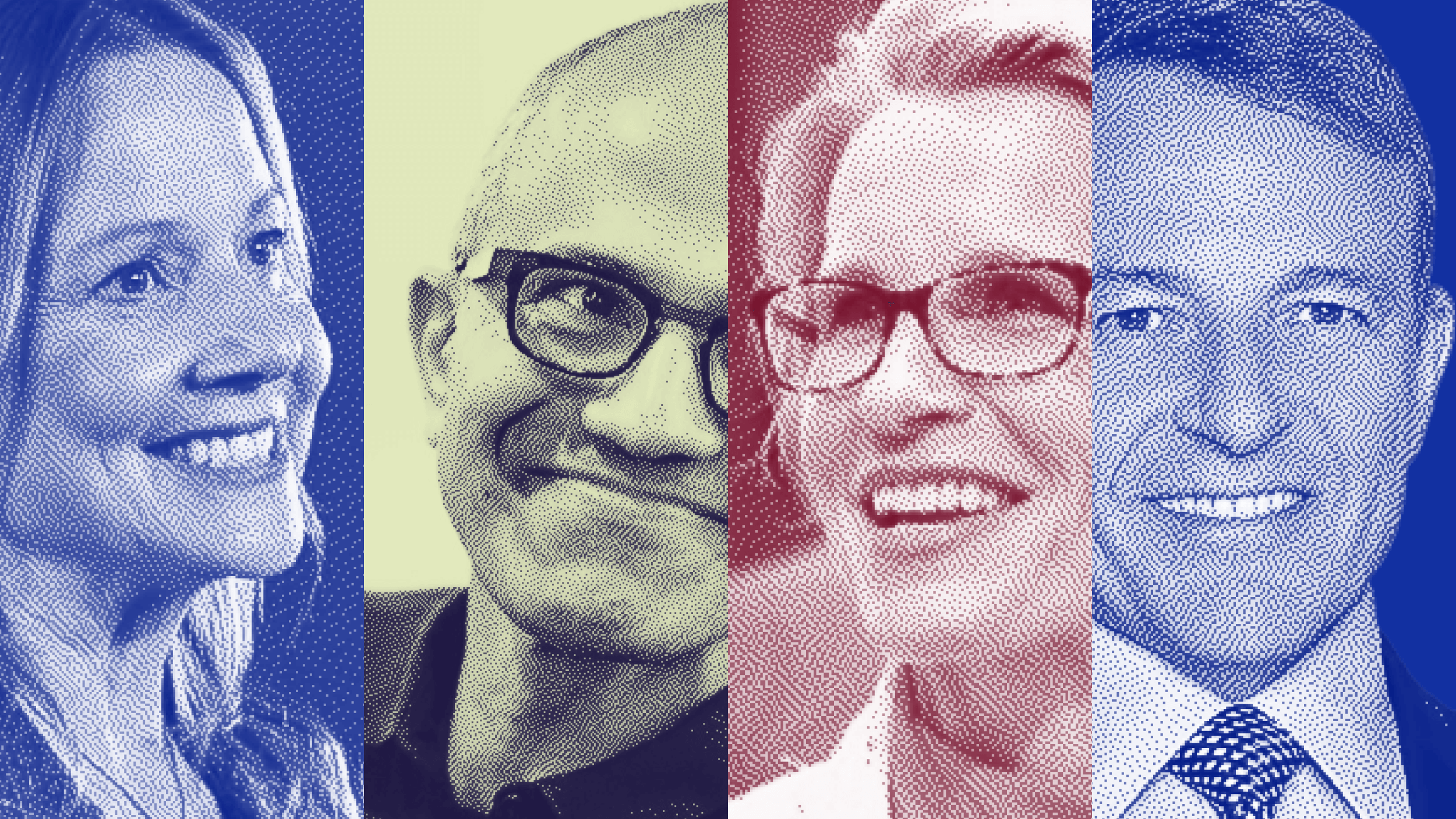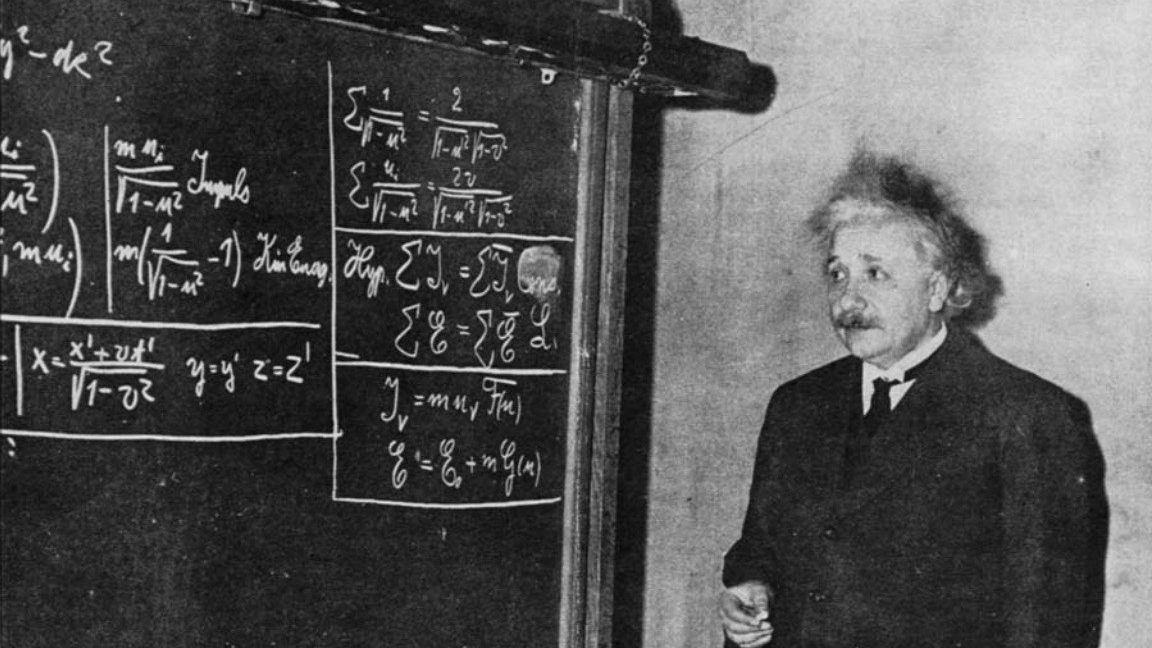This article was originally published on Big Think+.
Problem-solving skills are in demand. Every job posting lists them under must-have qualifications, and every job candidate claims to possess them, par excellence. Young entrepreneurs make solutions to social and global problems the heart of their mission statements, while parents and teachers push for curricula that encourage critical-thinking methods beyond solving for x.
It’s ironic then that we continue to cultivate habits that stunt our ability to solve problems. Take, for example, the modern expectation to be “always on.” We push ourselves to always be working, always be producing, always be parenting, always be promoting, always be socializing, always be in the know, always be available, always be doing. It’s too much, and when things are always on all the time, we deplete the mental resources we need to truly engage with challenges.
If we’re serious about solving problems, at work and in our personal lives, then we need to become more adept at tuning out so we can hone in.
Solve problems with others (occasionally)
A side effect of being always on is that we are rarely alone. We’re connected through the ceaseless chirps of friends texting, social media buzzing, and colleagues pinging us for advice everywhere we go. In some ways, this is a boon. Modern technologies mediate near endless opportunities for collective learning and social problem-solving. Yet, such cooperation has its limits according to a 2018 study out of Harvard Business School.
In the study, participants were divided into three group types and asked to solve traveling salesman problems. The first group type had to work on the problems individually. The second group type exchanged notes after every round of problem-solving while the third collaborated after every three rounds.
The researchers found that lone problem-solvers invented a diverse range of potential solutions. However, their solutions varied wildly in quality, with some being true light bulb moments and others burnt-out duds. Conversely, the always-on group took advantage of their collective learning to tackle more complex problems more effectively. But social influence often led these groups to prematurely converge around a single idea and abandon potentially brilliant outliers.
It was the intermittent collaborators who landed on the Goldilocks strategy. By interacting less frequently, individual group members had more time to nurture their ideas so the best could shine. But when they gathered together, the group managed to improve the overall quality of their solutions thanks to collective learning.
In presenting their work, the study’s authors question the value of always-on culture—especially our submissiveness to intrusions. “As we replace those sorts of intermittent cycles with always-on technologies, we might be diminishing our capacity to solve problems well,” Ethan Bernstein, an associate professor at Harvard Business School and one of the study’s authors, said in a press release.
These findings suggest we should schedule time to ruminate with our inner geniuses and consult the wisdom of the crowd. Rather than dividing our day between productivity output and group problem-solving sessions, we must also create space to focus on problems in isolation. This strategy provides the best of both worlds. It allows us to formulate our ideas before social pressure can push us to abandon them. But it doesn’t preclude the group knowledge required to refine those ideas.
And the more distractions you can block out or turn off, the more working memory you’ll have to direct at the problem.
A problem-solving booster
The next step is to dedicate time to not dealing with problems. Counterintuitive as it may seem, setting a troublesome task aside and letting your subconscious take a crack at it improves your conscious efforts later.
How should we fill these down hours? That’s up to you, but research has shown time and again that healthier habits produce hardier minds. This is especially true regarding executive functions—a catchall term that includes a person’s ability to self-control, meet goals, think flexibly, and, yes, solve problems.
“Exercisers outperform couch potatoes in tests that measure long-term memory, reasoning, attention, problem-solving, even so-called fluid-intelligence tasks. These tasks test the ability to reason quickly and think abstractly, improvising off previously learned material to solve a new problem. Essentially, exercise improves a whole host of abilities prized in the classroom and at work,” writes John Medina, a developmental molecular biologist at the University of Washington.
One such study, published in the Frontiers in Neuroscience, analyzed data collected from more than 4,000 British adults. After controlling for variables, it found a bidirectional relationship between exercise and higher levels of executive function over time. Another study, this one published in the Frontiers in Aging Neuroscience, compared fitness data from 128 adults with brain scans taken as they were dual-tasking. Its findings showed regular exercisers sported more active executive regions.
Research also demonstrates a link between problem-solving, healthy diets, and proper sleep habits. Taken altogether, these lifestyle choices also help people manage their stress—which is known to impair problem-solving and creativity.
Of course, it can be difficult to untangle the complex relationship between cause and effect. Do people with healthy life habits naturally enjoy strong executive functions? Or do those habits bolster their mental fitness throughout their lives?
That’s not an easy question to answer, but the Frontiers in Neuroscience study researchers hypothesize that it’s a positive feedback loop. They posit that good sleep, nutritious food, and regular exercise fortify our executive functions. In turn, more potent executive decisions invigorate healthier life choices. And those healthy life choices—you see where this is going.
And while life choices are ultimately up to individuals, organizations have a supportive role to play. They can foster cultures that protect off-hours for relaxing, incentivize healthier habits with PTO, and prompt workers to take time for exercise beyond the usual keyboard calisthenics.
Nor would such initiatives be entirely selfless. They come with the added benefit of boosting a workforce’s collective problem-solving capabilities.
Live and learn and learn some more
Another advantage of tuning out is the advantage to pursue life-long learning opportunities. People who engage in creative or problem-solving activities in their downtime—think playing music, puzzles, and even board games—show improved executive functions and mental acuity as they age. In other words, by learning to enjoy the act of problem-solving, you may enhance your ability to do so.
Similarly, lifelong learners are often interdisciplinary thinkers. By diving into various subjects, they can come to understand the nuances of different skills and bodies of knowledge to see when ideas from one field may provide a solution to a problem in another. That doesn’t mean lifelong learners must become experts in every discipline. On the contrary, they are far more likely to understand where the limits of their knowledge lie. But those self-perceived horizons can also provide insight into where collaboration is necessary and when to follow someone else’s lead.
In this way, lifelong learning can be key to problem-solving in both business and our personal lives. It pushes us toward self-improvement, gives us an understanding of how things work, hints at what’s possible, and, above all, gives us permission to tune out and focus on what matters.
Cultivate lifelong learning at your organization with lessons ‘For Business‘ from Big Think+. At Big Think+, more than 350 experts, academics, and entrepreneurs come together to teach essential skills in career development and lifelong learning. Heighten your problem-solving aptitude with lessons such as:
- Make Room for Innovation: Key Characteristics of Innovative Companies, with Lisa Bodell, Founder and CEO, FutureThink, and Author, Why Simple Wins
- Use Design Thinking: An Alternative Approach to Tackling the World’s Greatest Problems, with Tim Brown, CEO and President, IDEO
- The Power of Onlyness: Give Your People Permission to Co-Create the Future, with Nilofer Merchant, Marketing Expert and Author, The Power of Onlyness
- How to Build a Talent-First Organization: Put People Before Numbers, with Ram Charan, Business Consultant
- The Science of Successful Things: Case Studies in Product Hits and Flops, with Derek Thompson, Senior Editor, The Atlantic, and Author, Hit Makers
Request a demo today!






